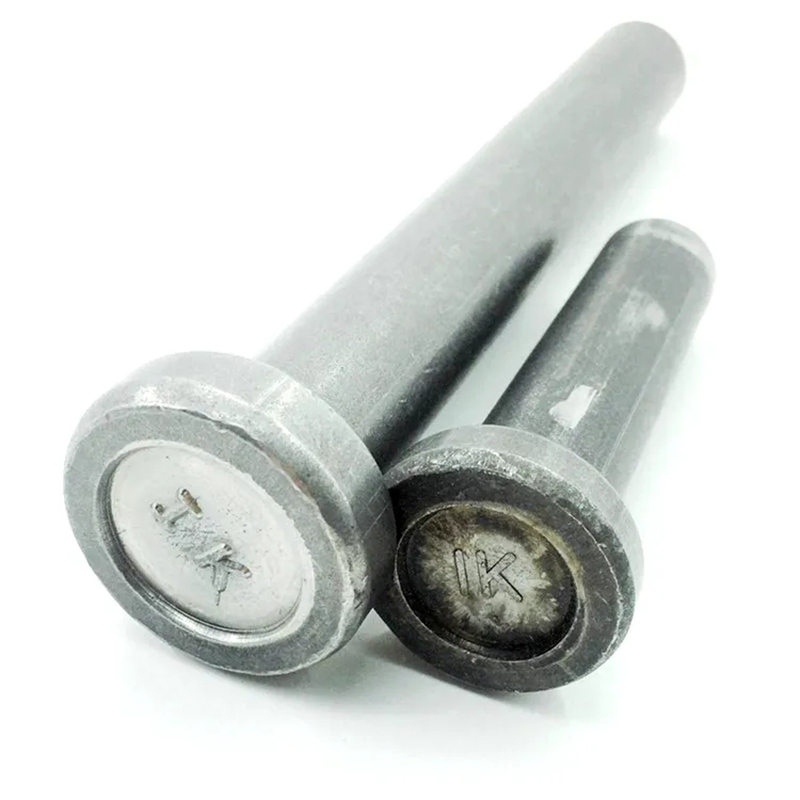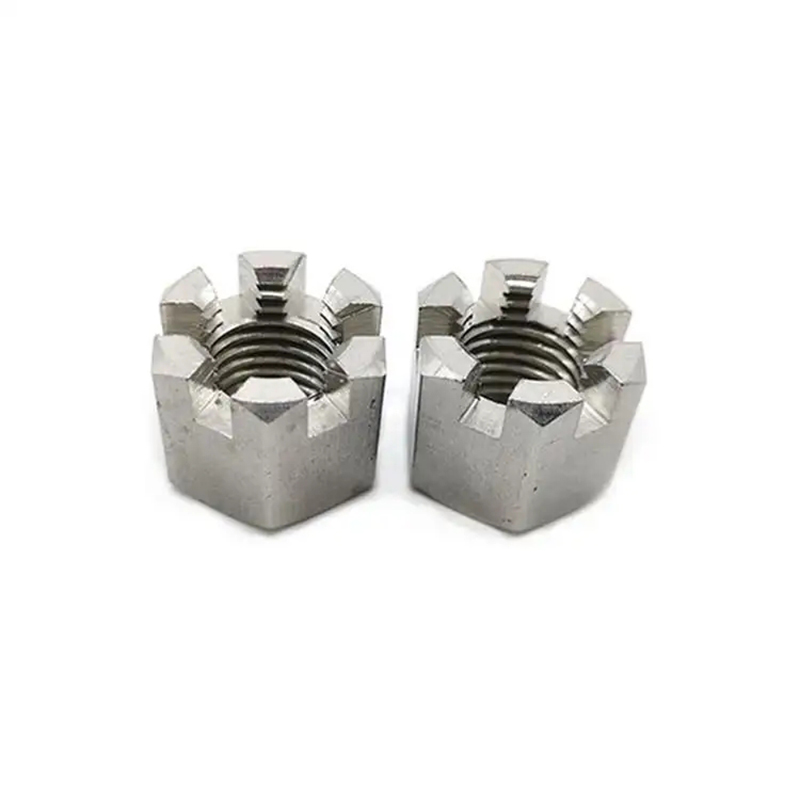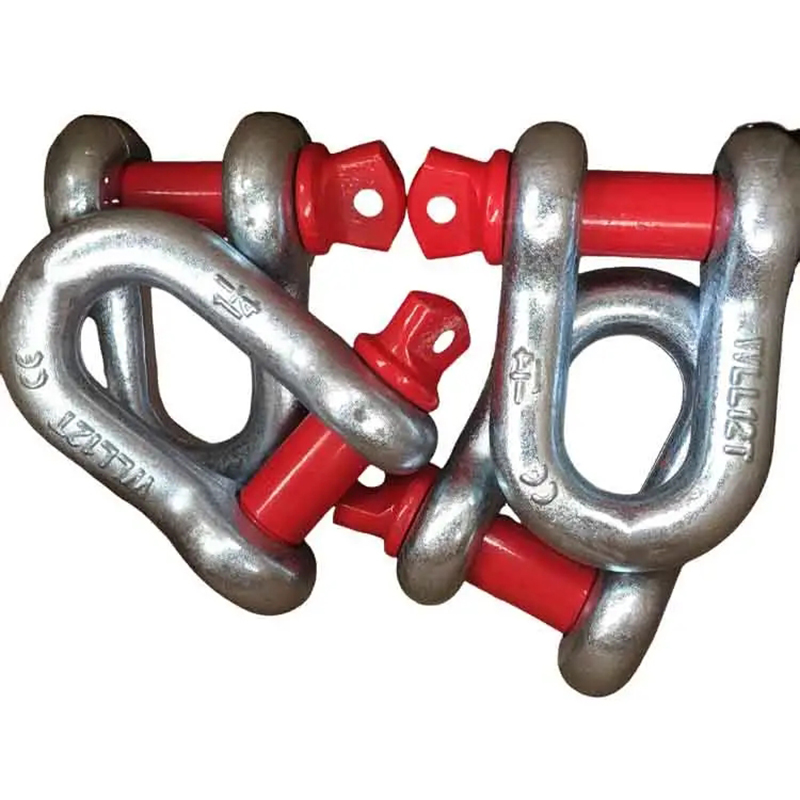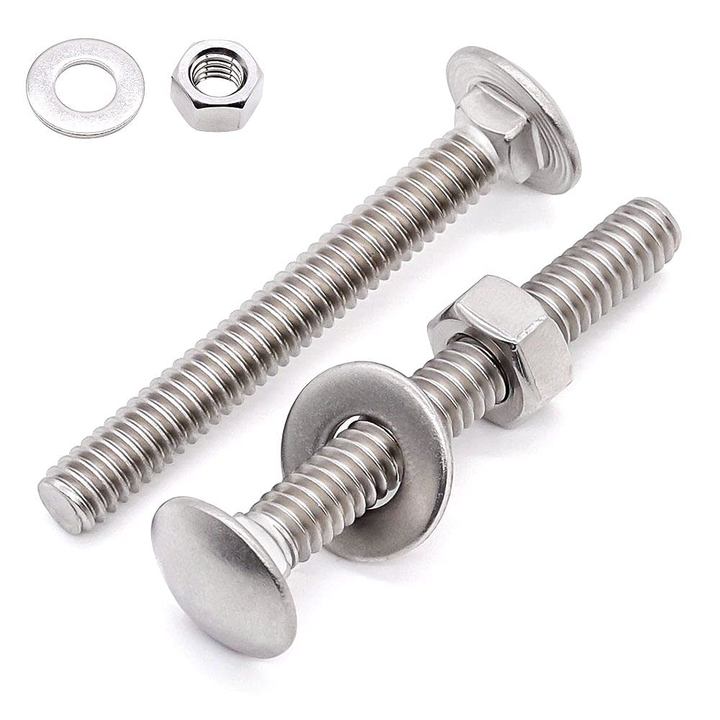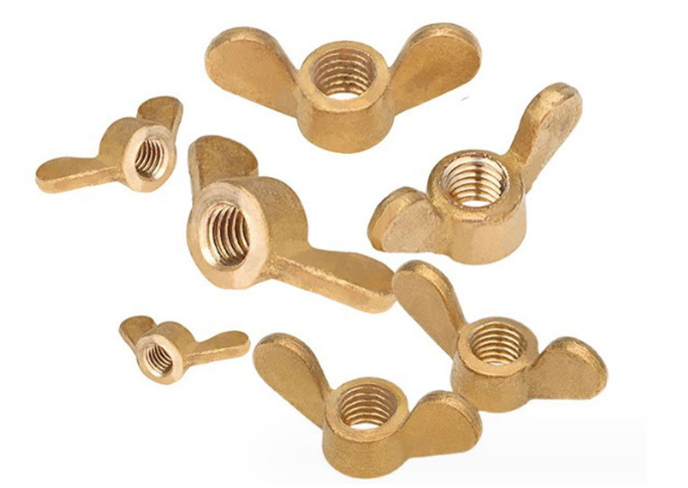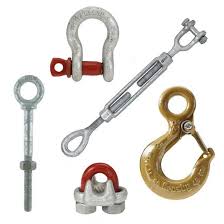

This comprehensive guide explores galvanized tooth strips, detailing their applications, benefits, and considerations. We'll cover material properties, common uses, and factors to consider when choosing galvanized tooth strips for your specific needs. Learn how to select the right strip for optimal performance and longevity.
Galvanized tooth strips are thin, flat pieces of metal, typically steel, that have undergone a galvanizing process. This process involves coating the steel with a layer of zinc, providing enhanced corrosion resistance and extending the lifespan of the strip. The tooth refers to the serrated or interlocking edges often found on these strips, facilitating secure fastening and preventing slippage. They are versatile components used in various industries and applications.
Galvanized tooth strips are commonly used in construction and manufacturing for a variety of fastening applications. Their strength and corrosion resistance make them ideal for outdoor applications and environments prone to moisture. They might be found securing roofing materials, reinforcing structures, or creating custom metalwork. The interlocking teeth ensure a strong and reliable hold.
In the automotive and transportation sectors, these strips can be used for body panel reinforcement, securing components, and other structural applications where durability and corrosion resistance are paramount. The zinc coating offers crucial protection against rust and degradation, extending the life of the vehicle or transportation infrastructure.
Beyond construction and automotive, galvanized tooth strips find applications in various other industries, including agricultural equipment, appliances, and general metal fabrication. Their adaptability makes them suitable for custom designs and unique fastening challenges. The robust nature of these strips ensures lasting performance in demanding conditions.
Selecting the appropriate galvanized tooth strip requires careful consideration of several factors:
The thickness of the steel and the quality of the galvanization process directly impact the strength and longevity of the strip. Thicker strips offer increased durability, while the quality of the zinc coating determines the level of corrosion protection.
The tooth profile (shape and size of the serrations) influences the grip and the holding power of the strip. Different applications may necessitate different tooth profiles to ensure optimal fastening.
The required length and width of the strip are dictated by the specific application. Custom sizes are often available from manufacturers like Hebei Dewell Metal Products Co., LTD.
The benefits of using galvanized tooth strips are numerous:
| Feature | Galvanized Tooth Strips | Alternatives (e.g., Stainless Steel Strips) |
|---|---|---|
| Corrosion Resistance | High (due to zinc coating) | Very High (inherent property) |
| Cost | Generally Lower | Generally Higher |
| Strength | High | High to Very High |
Note: This comparison is general and specific properties vary depending on the grade of material and manufacturing processes. Contact manufacturers for precise specifications.
Galvanized tooth strips are a robust and versatile fastening solution for a wide array of applications. Understanding their properties and selection criteria will ensure you choose the right strip for your project, leading to a durable and reliable outcome.
For further information on galvanized tooth strips and other metal products, contact Hebei Dewell Metal Products Co., LTD for detailed specifications and product offerings.



